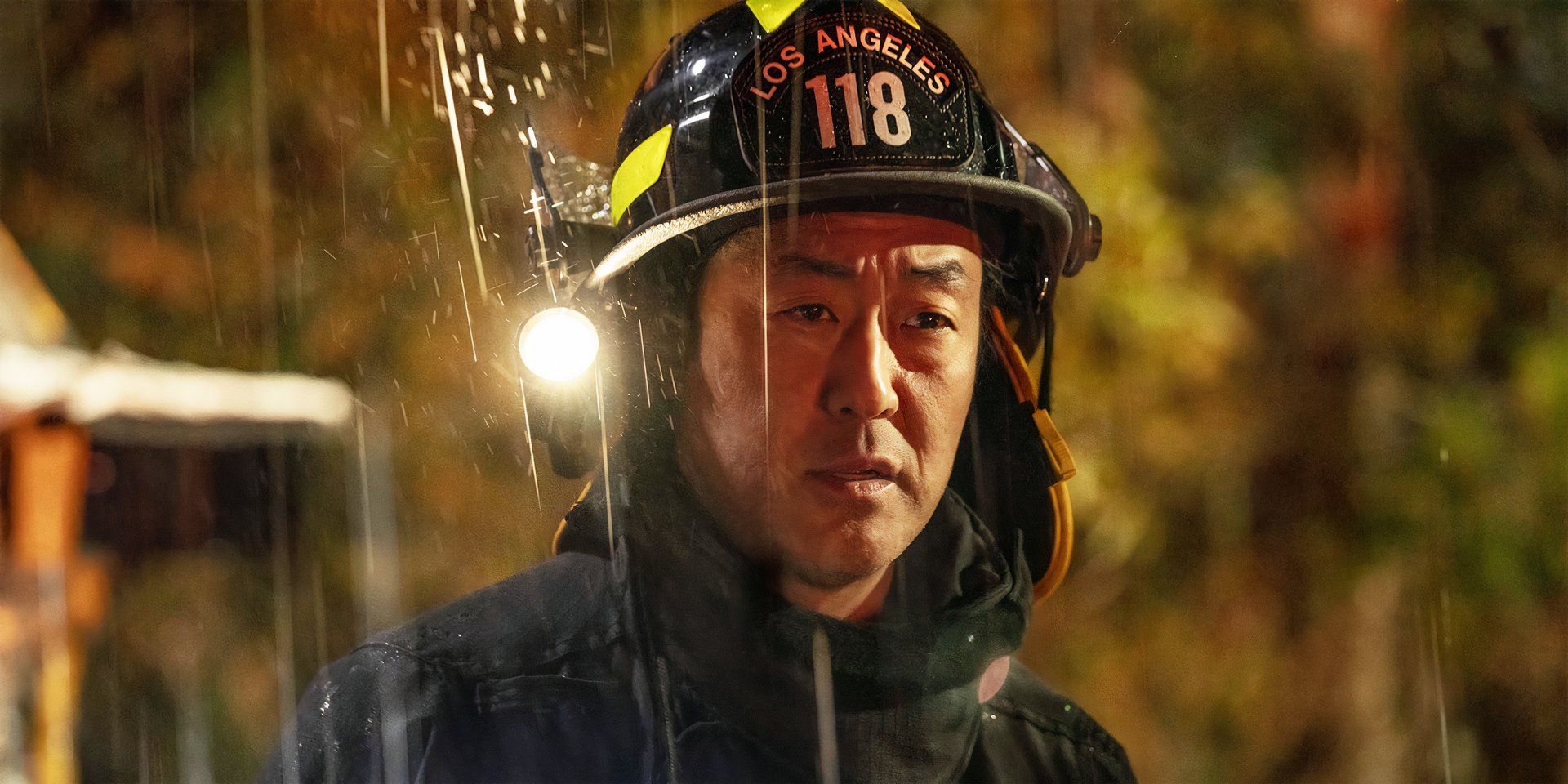Networks cancel series for a variety of reasons: financial concerns, failed contract negotiations, low ratings, or even making room for new shows on their schedule they think will perform better. When Fox canceled 9-1-1, they still greenlit another first responder procedural, but now, they have canceled that one as well, and the cancellations reflect some difficult decisions for the network.
Why Fox Canceled 9-1-1 In 2023
Cost Played A Large Part In The Cancellation

When Fox announced the cancellation of 9-1-1, they did it with a caveat: the network sold the series to ABC. The cancellation of 9-1-1 was not something considered lightly by the network, and the biggest reason for the decision was a financial one.
At the time, the spinoff series 9-1-1: Lone Star was a little less expensive for Fox to produce and air, a few million dollars less than the flagship series. Even the cost of that series likely caught up with the network, as the cancellation of 9-1-1: Lone Star was announced just before season 6 aired in 2024.
Series creator Ryan Murphy cited financial reasons for the cancellation:
Sadly, we all love ‘Lone Star,’ but the financials just didn’t work. It’s a Disney company that was on a Fox network, and it just was never going to work. And we had a long run of it.
Fox No Longer Has Any First-Responder Procedurals After Rescue HI-Surf's Cancellation
First-Responder Procedurals Have Become Very Popular

Rescue HI-Surf, set in Hawai’i, focuses on lifeguards and first responders who specifically work on the North Shore of O’ahu. It’s like an amalgam of a series like 9-1-1 and Baywatch, the ‘90s series which also focused on a group of lifeguards. Because of the adrenaline-fueled nature of the show, it definitely garnered a lot of interest from the public, and it would have made the perfect replacement for 9-1-1: Lone Star.
Unfortunately, Rescue HI-Surf was also likely canceled due to financial reasons and lower viewership. Networks are trying to find ways to produce less expensive shows or, in the case of the CW, simply purchase the broadcast rights to shows from other countries, to cut down on their own production costs. Filming in Hawai’i has become increasingly expensive for television networks.
Rescue HI-Surf was estimated to cost about $4 million per episode, still less than an episode of 9-1-1, but likely more than Fox wanted to spend, with ratings having dropped from about 4 million people tuning in for the premiere to just over 1 million watching on a regular basis. With a nearly 75% ratings drop, that’s a huge number of audience members to try to entice back to a series in a potential new season.
With the cancellation, that is not happening, and the show Fox let slip away is still going strong elsewhere.
9-1-1 Is Thriving On ABC
The Series Is Getting An ABC Spinoff

ABC is also showing they have faith in the franchise. Even though Lone Star did not get picked up by the network after Fox’s cancellation, they did greenlight another 9-1-1 spinoff series. 9-1-1: Nashville will be set in the Tennessee capital and star Chris O’Donnell (NCIS: Los Angeles) and Jessica Capshaw (Grey’s Anatomy).
|
9-1-1 Series |
Years On Air |
Network |
|
9-1-1 |
2018-Present |
Fox, ABC |
|
9-1-1: Lone Star |
2020-2025 |
Fox |
|
9-1-1: Nashville |
TBD |
ABC |
ABC has not announced a premiere date yet, but the spinoff is expected to debut in the 2025 TV season alongside season 9 of 9-1-1, which ABC announced in April of 2025.
Though the 9-1-1 franchise has lost some of its main characters, it’s clear that ABC believes the series can continue with a mix of new and familiar faces. After all, the rotating cast has helped to keep the medical drama Grey’s Anatomy fresh for over 20 years now. Fox's loss has become ABC's gain.


